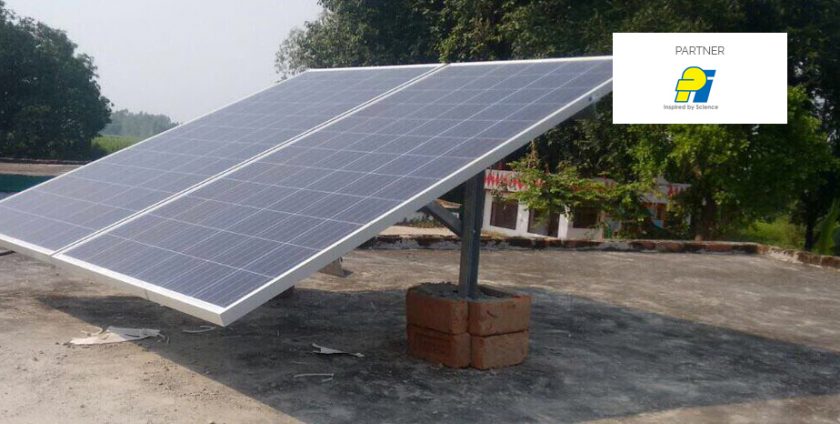
In India, rural schools often have classrooms that remain dark even during the day due to sporadic power cuts and poor ventilation. Without any power backup, especially when the small windows have to be closed to prevent the heat from coming in; the lack of light prevents children inside the dark classrooms from looking at their books or writing, which compels them to study outside the classrooms even in the day time. This has led to poor learning outcome amongst rural Children.
The District Information System for Education (DISE) 2018 data shows only 53% of total government schools, which form majority of schools in rural India have electricity connection. The unavailability of power back-up in the school thwarts children’s abilities to develop new learning and I.T skills as computers are not operational due to paucity of electricity. To overcome this difficulty in rural schools there is a need to introduce the sustainable source of electricity that will provide children with access to requisite power supply in the school premises.
FDI is setting up solar power back-up in a rural school of U.P which will help effective learning practice amongst children ensuing qualitative improvement in learning skills and serve as model for other schools to replicate. This will also improve the quality of teaching and overall ambience in the classrooms. Electricity access will facilitate the introduction of ICTs into the classroom such as computers and digital blackboard. Electrified schools can enable principals to recruit and retain better qualified teachers, and have been correlated with improvements on both test scores and graduation rates.